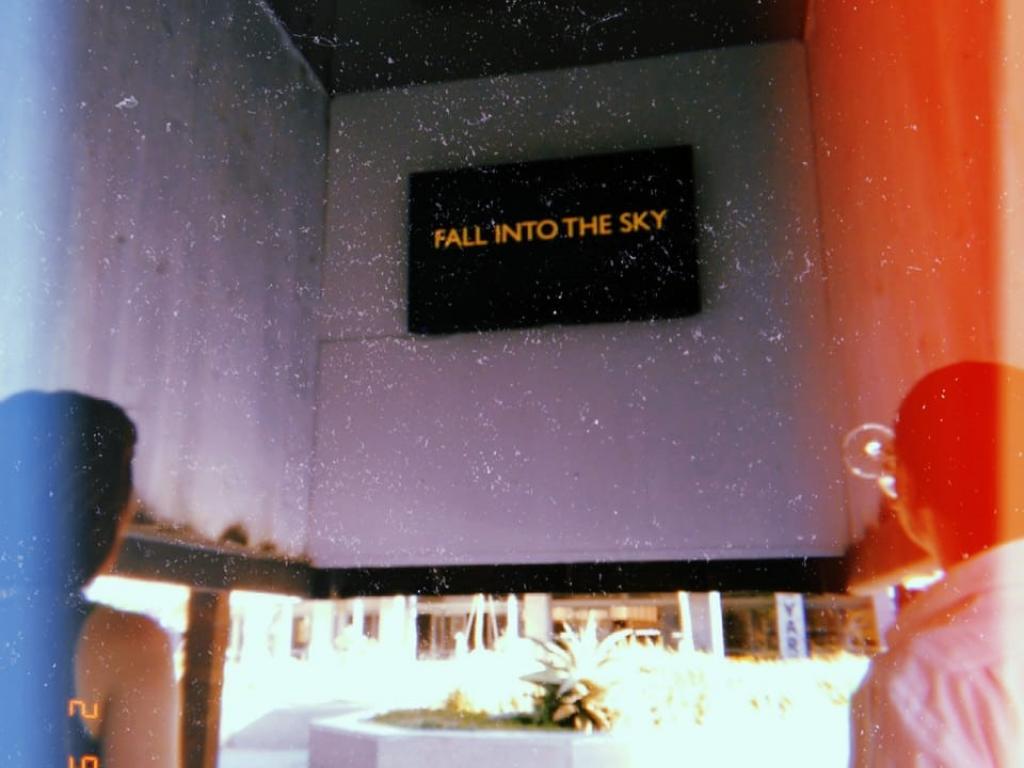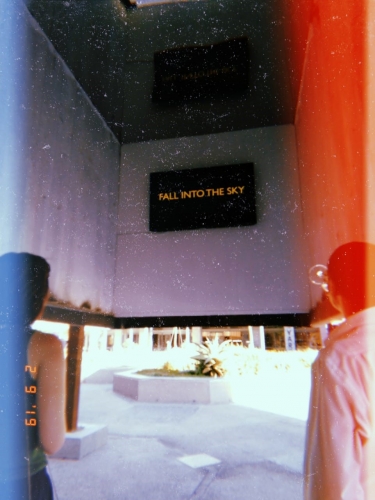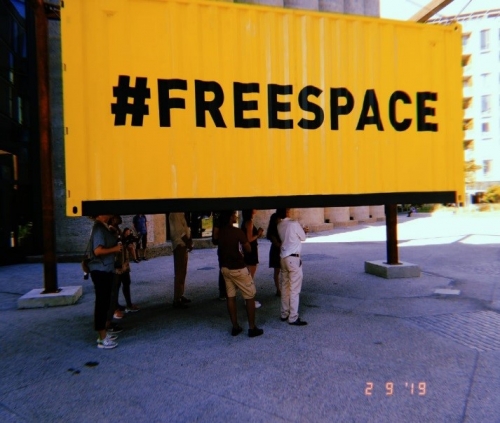Representational Film at UCT


“...In order for us to deal with this we have to confront our prejudices towards each other as black people and that is very difficult to do.” -Kamvelihle Stemela (2019)
“Fall into the sky” is a documentary film that deals with issues of xenophobia, colourism and afrophobia in South Africa through the perspectives of black women, coloured women and women of colour. Directed by Akuol de Mabior a Sudanese national and Christine Torres, a coloured woman and cinematography by Kamvelihle Stemela a black woman. Motivated by personal and shared experiences their film sets to bring to the forefront a marginalized group in the South African society and initiate public discussion the issues faced by them.
In 2018 Baraka Nafari, a Tanzanian national studying at the University of Johannesburg was killed in what is said to be South Africa’s first known xenophobia motivated attack and killing on a University campus. As a crucible of multi; nationalities, ethnicities and cultures, a university campus can easily conceal the issues of the greater society, which is what the documentary film brings forward. In an interview Kamvelihle expressed that the term ‘colourism’ may not be understood but by describing their [audiences] lived experiences they know it’s meaning and know it exists. “We can’t speak of colourism without speaking of xenophobia; you can’t speak on xenophobia and colourism without speaking on afrophobia as all these issues are intersectional” she further continued.
The lack of representation of dark skin women in film, and dark skin foreign women in film leads to one dimensional, stereotypical characters. “We’re dying. We’re literally dying. Emotionally, mentally we’re dying, because as a dark skin person that walks these streets, it’s not easy.” In order to deal with issues of representation on screen there needs to be the same representation behind the screen.
In the process of making the film, Julia Cain, from the Centre for Film and Media studies said that the film has an interesting way of bringing forward inclusivity and participation from a feminist filmmaking approach. She mentioned that they made a valuable contribution to this discussion through their choice to tackle an ‘under-explored’ topic. When asked about xenophobia, specifically on a university campus, Julia expressed that “these are real and very important issues that are under addressed and the complexity of those issues are under addressed.”
As full time students, creating a film during the course of a full academic year had it’s time and financial limitations but the dedication, passion and investment they had to tell this story is what Kamvelihle describes as the driving force behind completing the film. “I can sacrifice my time, I can sacrifice going home for vac [vacation] because I wanted this story to be told.” she expressed.
Kamvelihle also credits the Centre for Film and Media for giving them significant creative control for their film. They were supplied the equipment to film and people to operate the equipment as well as administrative support from the department.

#FREESPACE was a month long activation that took place at the Silo District outside Zeitz MOCAA, that brought together a variety of experiences in the form of open forums, discussions, talks, performances, allowing the film to be viewed by audiences as it was projected in a shipping container. The film ran for 2 weeks which allowed for a very diverse group of audiences. As the film has been submitted to various companies and film festivals they are unable to provide a public online platform for the film to be viewed but will be made available for viewing when possible.
For further updates about the film follow @fallintotheskyfilm on Instagram
Story: Supplied
Images: sourced from Kamvelihle Stemela